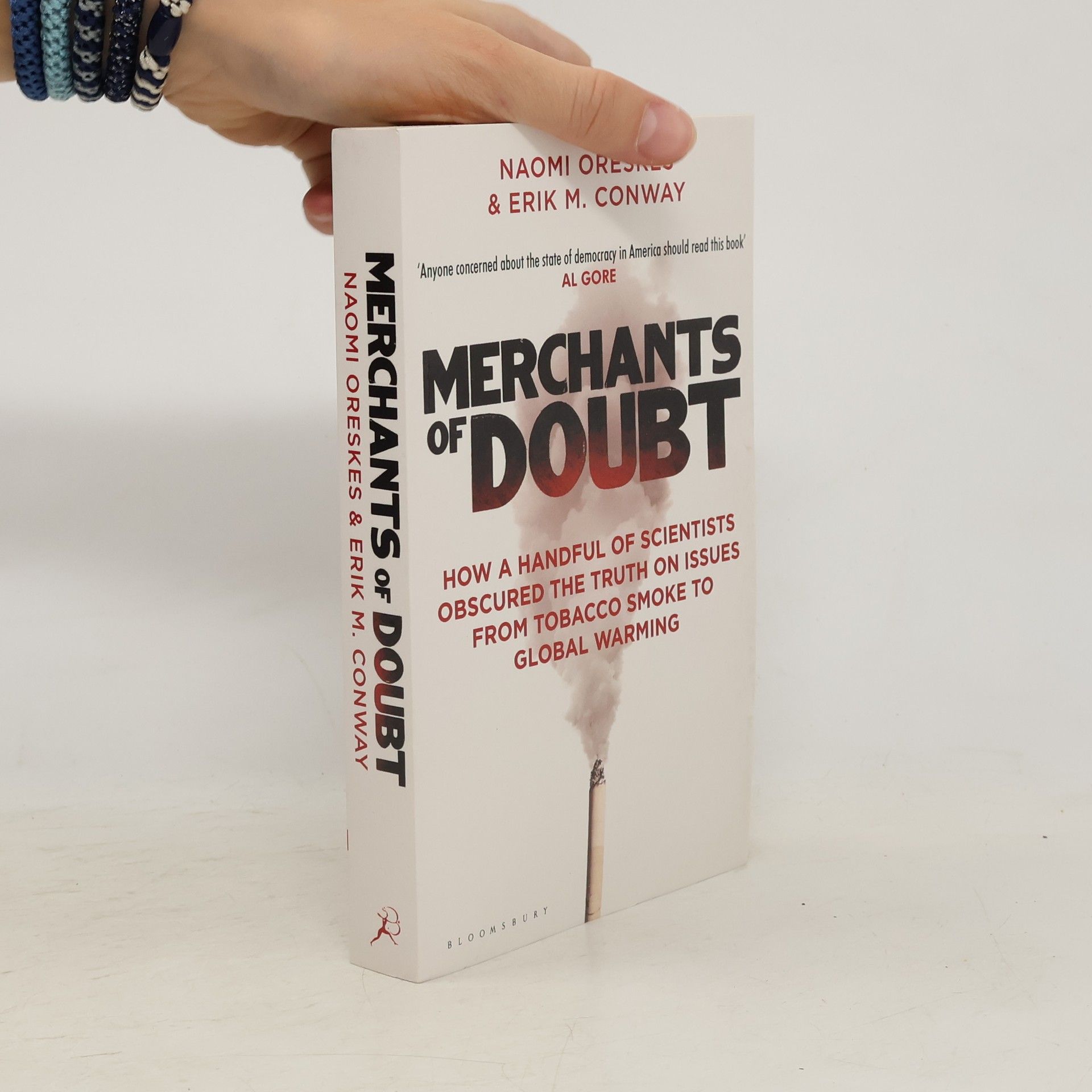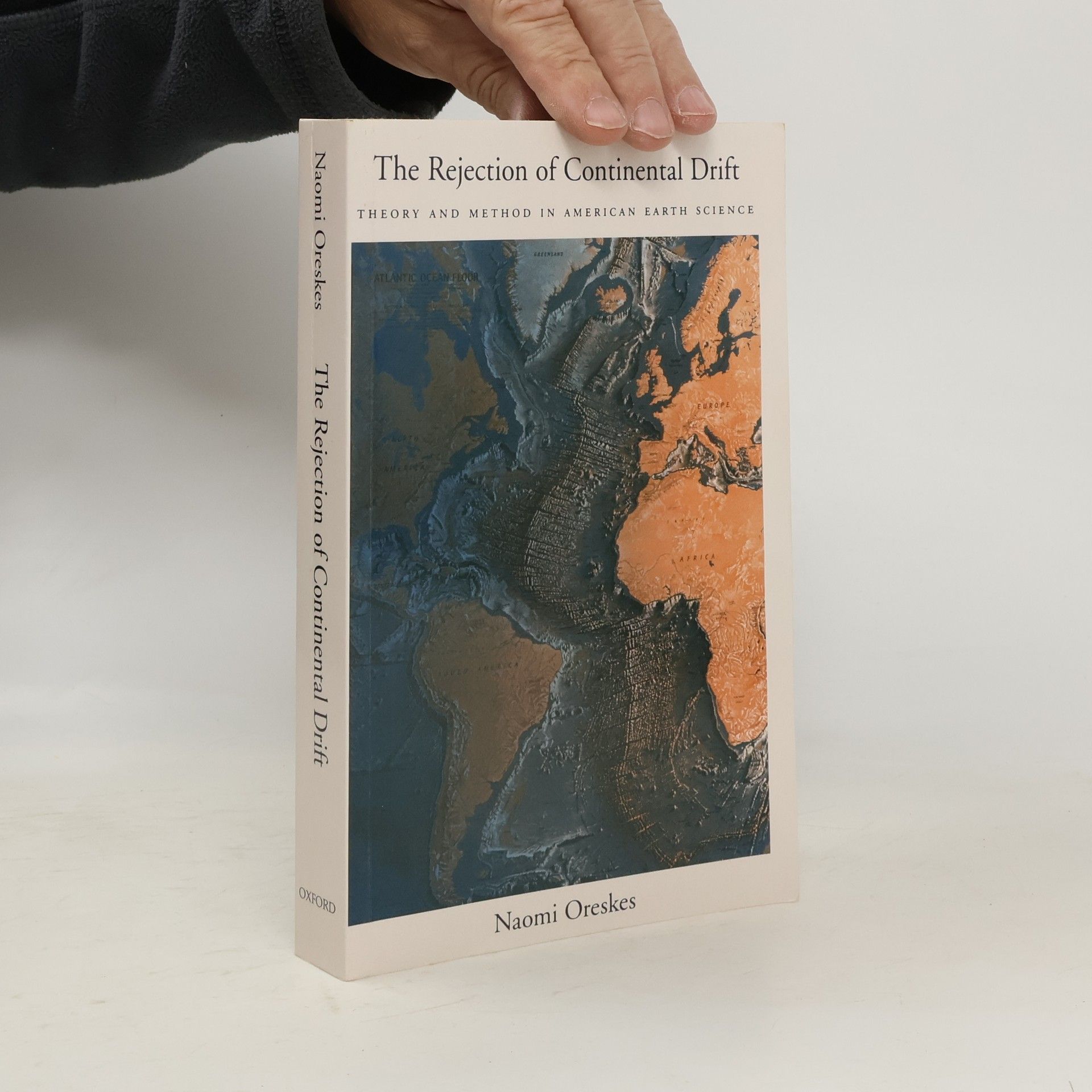Kolaps západní civilizace: Pohled z budoucnosti
- 128 stránek
- 5 hodin čtení
Píše se rok 2393 a svět je zcela jiný, než byl na počátku třetího tisíciletí. Jasná varování před klimatickou katastrofou byla po desetiletí ponechána bez povšimnutí, což vedlo ke všeobecné ekologické, sociální, politické i kulturní katastrofě, která je známa jako Velký kolaps z roku 2093. Toho roku růst teploty, zvýšení hladiny moří, šíření sucha a nakonec rozpad západoantarktického ledového štítu dovršily krizi, jež vedla k masové migraci a naprosté proměně světového řádu. Historikové a esejisté Naomi Oreskesová a Eric M. Conway nám v tomto působivém a provokativním sci-fi příběhu a zároveň filosofujícím eseji představují svět zdevastovaný klimatickými změnami. Kniha dramatizuje vědu takovým způsobem, jakým to tradiční literatura faktu nedokáže, a jasně ukazuje důležitost vědců a jejich práce a současně odhaluje prospěchářské zájmy „uhlíkového komplexu“ (stoupenců ekonomiky založené na spalování fosilních paliv ap.), jehož představitelé vědeckou praxi v nejvyšší míře zpolitizovali. Tato kniha je založena na důkladném studiu a poskytuje čtenářům vítanou a originální inspiraci v otázkách klimatických změn a jejich politického (ne)řešení.





